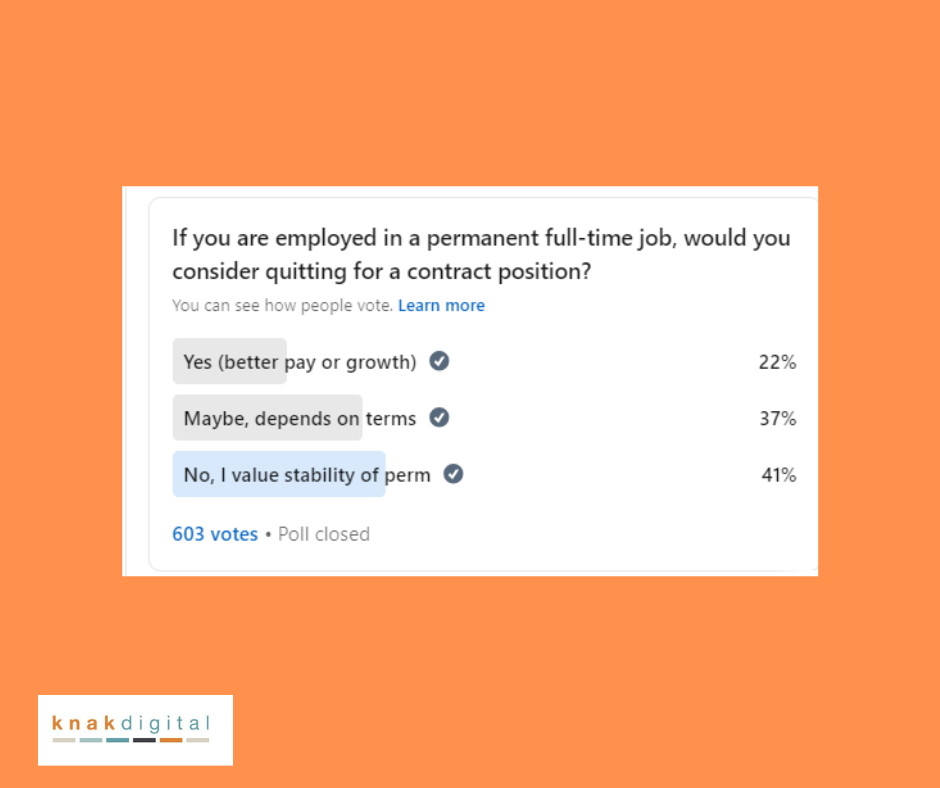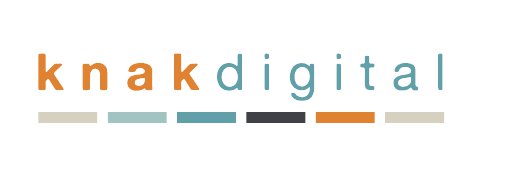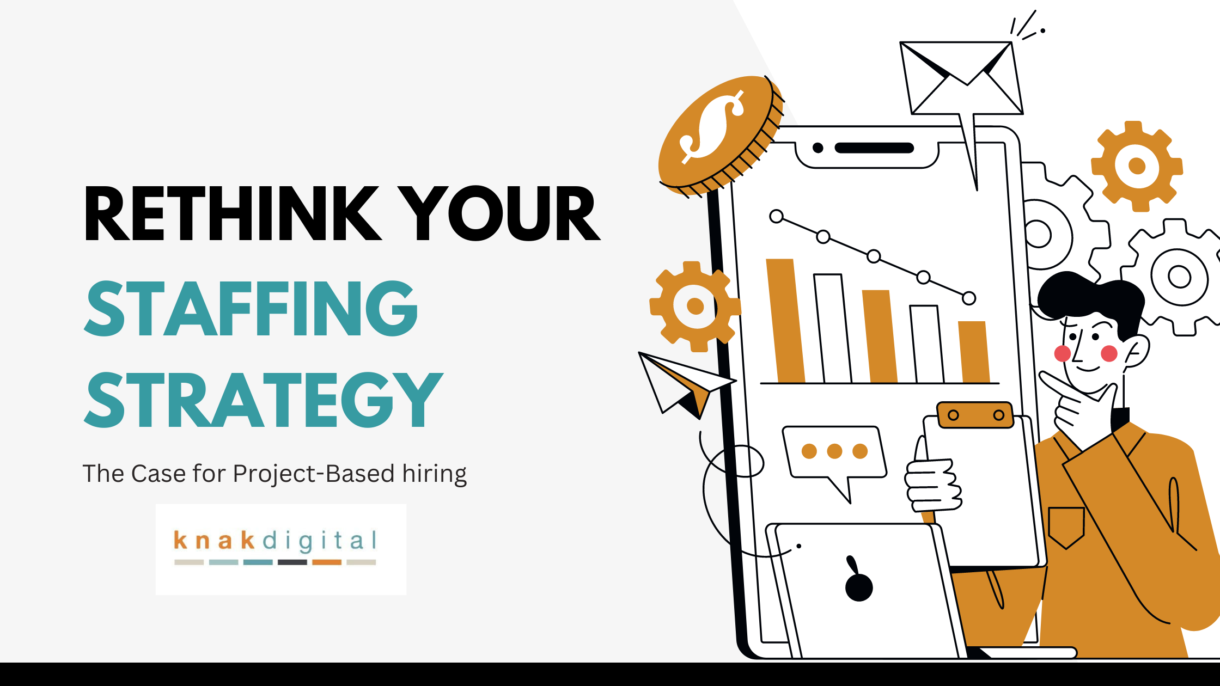Project-based hiring offers a flexible and efficient approach to staffing that can provide numerous benefits to businesses of all sizes. By leveraging temporary or contract workers, companies can gain access to specialized skills, reduce costs, and improve overall efficiency.
Scenarios where interim staffing solutions could make sense:
- Surge in demand: Are you full swing in an election cycle and need support for political advertising campaigns or research? Did your business receive funding from an investor and you need to scale at a conservative pace?
- Short-term projects: Hire temporary engineers, testers, or designers for software app development. Is there a government project where a specialist needs to be hired to meet a fixed-price contract?
- Seasonal events: Address increased activity during holidays (retail/ecommerce), tourism (travel industry), EOY reporting, or industry tradeshows/conferences.
- Temporary replacements: Cover for employees on leave for parental or medical reasons.
- Job sharing: Can two part-time employees split the responsibilities of one role?
- Specialized skills: Does your company need a new business strategy or advice on a technology implementation that requires niche expertise? Can you not find the talent on a full-time basis but could substitute the need with a temporary contractor?
If any of these issues are affecting your business, consider strategic staffing options like part-time, contract, or contract-to-hire to adapt to changing needs.
Options for Project-Based Hiring
- Part-Time Contract: Employees work a predetermined number of hours per week or month.
- Fixed-Term Contract: Employees work for a specific project or duration.
- Zero-Hour Contract: Employees work as needed, with no guaranteed hours.
- Contract-to-Hire: A trial period to assess a candidate’s suitability before offering a permanent position. Contract duration can range from 1 to 6 months before conversion into a full-time employee.
Advantages of Project-Based Hiring
Workforce Flexibility and Agility
- Scalability: Easily adjust your workforce size to meet fluctuating demands and project requirements.
- Access to a Different Pool of Talent: Attract skilled professionals who intentionally seek out project-based work.
- Specialized Skills: Hire experts with tailored expertise for specific projects.
- Improved Turnover Management: Instead of rapidly hiring with the demand of productivity, companies can avoid layoffs by using contractors instead of permanent employees.
Cost Efficiency and Optimization
- Lower Fixed Costs: Reduce overhead expenses by avoiding permanent staff costs.
- Improved Productivity: Contract staffing boosts productivity by providing extra help during busy times or for specialized tasks, preventing employee burnout and ensuring timely project completion.
- Better Budget Oversight: Precisely allocate and track project budgets.
- Higher ROI: Invest in targeted expertise for successful project outcomes.
- Reduced Admin: Streamline HR processes and avoid the expenses associated with permanent employee onboarding and offboarding. Knak Digital’s partnership with BackOffice Staffing offers online time sheets for consultants, invoicing, background checks, and contractor health insurance plans.
Strategic Advantages
- Expertise Tailored for Maximum Impact: Access specialized professionals for each project.
- Risk Mitigation: Avoid long-term employment commitments and evaluate candidates before making a permanent decision. This goes two ways too, as the contractor can decide if the company and culture are right for them.
- Global Talent Access: Hire experts from around the world.
- Fostering Innovation: Benefit from diverse perspectives and new ideas.
Challenges of Project-Based Hiring
- Misclassification: Misclassifying employees as independent contractors can result in legal and financial penalties for both employers and workers. (Outsourcing this can mitigate the risk and ensure employment practices are compliant with your state laws.)
- Finding the Right Talent: Full-time employees may be hesitant to leave a stable position for temporary or part-time work. However, lifestyle changes or opportunities for skill development might entice them to consider these options. Check out the graphic below, which shows a majority of full-time employees wouldn’t turn the idea down.

A LinkedIn poll of over 600 people, showing that 59% of people would consider a contract position even if they were employed full-time.
Do you need help in identifying and hiring project-based and/or freelance talent? Knak Digital can help.
If you’re considering talent for project-based work, click here and tell us about your needs.
- The Truth About Skills Assessments: What 80% of Job Seekers Really Think
- Never Heard Back After Interview? Here’s When You Should Reapply.
- How Great Leaders Showcase their Management Style
- From Federal to Private: Rebranding Your Government experience for Commercial Success
- Are Reference Checks Useless? Rethinking Their Value in Hiring

